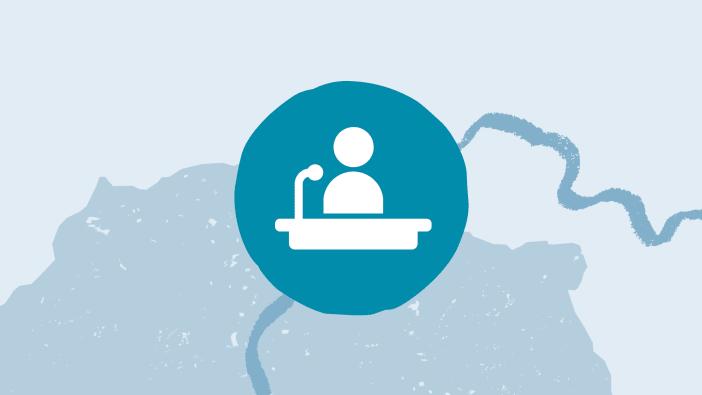Literacy and the Word of God
by Ron Stanford.
God has always communicated with people - not just through the spoken word and through the Prophets. He has also made sure that his communication was put in written form so that it is not forgotten or used wrongly. When he spoke either through Moses, through the prophets, through Jesus or through the Apostles, his words were always put in writing in the Bible.
Read Deuteronomy Chapter 6:1-9 and Chapter 31:9-13. What did God expect his people to do with his laws? Notice that he not only expected people to be able to talk about them but also to be able to write them down.
The kings and priests of Israel were expected to read and study the written laws. Over the centuries following the giving of the laws, few actually did this. Eventually the laws were mostly ignored. In the reign of King Josiah the Book of the Law was rediscovered. Read about the story in 2 Kings Chapter 22-23:3. Here we read of how the ability to read and write meant that God’s law was kept safely until it was rediscovered, when its reading had a great effect on his people.
What difference has your own ability to study God’s word made to your life? How much do you appreciate the way in which the Bible brings together the history of God’s communication with people?
There are many other references to reading and writing in the scriptures. Jesus was certainly literate (Luke 4:16-21). The ability to study the scriptures is often assumed in the Bible, indicating that the ability to read and write is part of God’s plan for everyone. For Christians, the main motivation for literacy may be their desire to read God’s word.
Discuss the levels of literacy within your own community. Are there steps which you as a group could take to encourage literacy? Pray together for wisdom to know how best to help all those who lack the ability to read the Bible for themselves.







